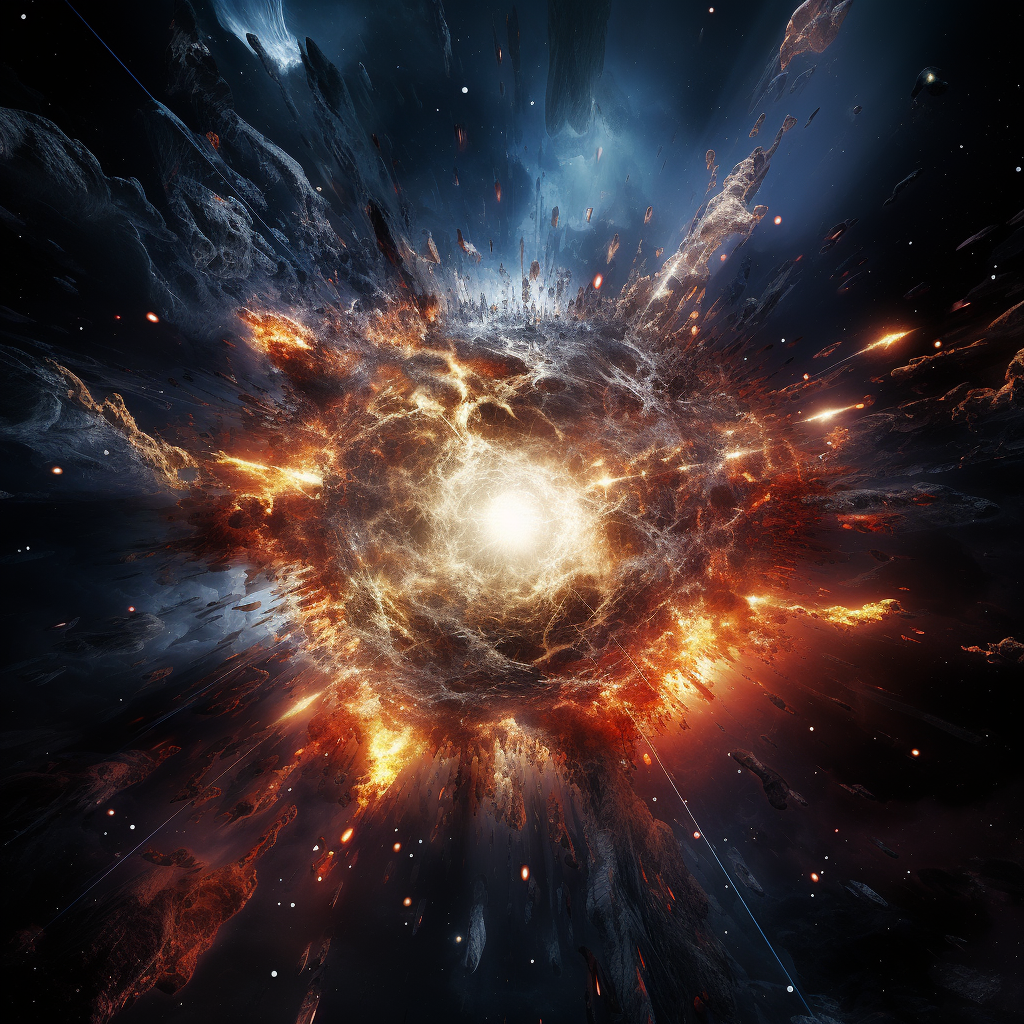In The Beginning: Unraveling the Truth of Genesis 1:1
Genesis 1:1, the opening verse of the Bible, boldly proclaims, “In the beginning, God created the heavens and the earth.” This brief but powerful statement has sparked centuries of debate among scholars, theologians, and scientists regarding the origins of the universe. In this article, we will delve into the compelling evidence that supports the assertion made in Genesis 1:1 – that the universe indeed had a beginning.
The Big Bang Theory
One of the most significant scientific discoveries in the 20th century, the Big Bang theory, aligns remarkably with the narrative presented in Genesis 1:1. According to this theory, the universe originated from an immensely dense and hot state approximately 13.8 billion years ago. The explosion marked the beginning of space, time, and matter, giving rise to the vast cosmos we observe today. This remarkable scientific insight resonates with the biblical account of creation, suggesting a common ground between science and religion.
Expansion of the Universe
Building on the Big Bang theory, scientists have observed that the universe is expanding. Astronomer Edwin Hubble’s groundbreaking observations in the 1920s provided strong evidence that galaxies are moving away from each other, pointing to an expanding universe. This expansion implies that, if we rewind time backward, everything must have been concentrated at a single point, leading to the moment of creation – a concept that echoes the very essence of Genesis 1:1.
Second Law of Thermodynamics
The Second Law of Thermodynamics states that the entropy, or disorder, of a closed system tends to increase over time. In simpler terms, everything in the universe moves from order to disorder. If the universe were infinitely old, as some once believed, it would have already reached a state of maximum disorder, or heat death. However, the fact that we still have organized structures and energy available today strongly suggests a finite age for the universe, aligning with the concept of a beginning as asserted in Genesis 1:1.
Cosmic Microwave Background Radiation
Another crucial piece of evidence supporting the idea of a universe with a beginning is the discovery of cosmic microwave background radiation (CMB) in 1965. This radiation is essentially residual heat left over from the Big Bang itself. Its uniform distribution throughout the universe serves as a powerful confirmation of the initial hot, dense state described in Genesis 1:1.
Philosophical Arguments
Beyond scientific evidence, philosophical arguments have also been put forth to support the idea of a universe with a beginning. One such argument is the Kalam Cosmological Argument, which posits that everything that begins to exist must have a cause. Applying this principle to the universe, it logically follows that the universe must have a cause for its existence. This argument aligns with the assertion that God, as described in Genesis 1:1, is the ultimate cause and creator of the universe.
Conclusion
In conclusion, the assertion made in Genesis 1:1 that the universe had a beginning is well-supported by a wealth of scientific and philosophical evidence. From the Big Bang theory and the expansion of the universe to the Second Law of Thermodynamics and the discovery of cosmic microwave background radiation, multiple lines of evidence converge to suggest that the universe had an origin.
While science and religion have often been perceived as conflicting forces, the growing body of evidence supporting a beginning of the universe offers a unique opportunity for dialogue and convergence between these realms of human understanding. Whether one approaches Genesis 1:1 from a religious or scientific perspective, the notion of a beginning can evoke wonder and curiosity about the mysteries of existence. Ultimately, the quest for truth continues to inspire humanity on its journey of understanding the cosmos and our place within it.



